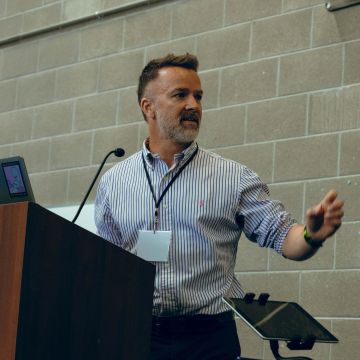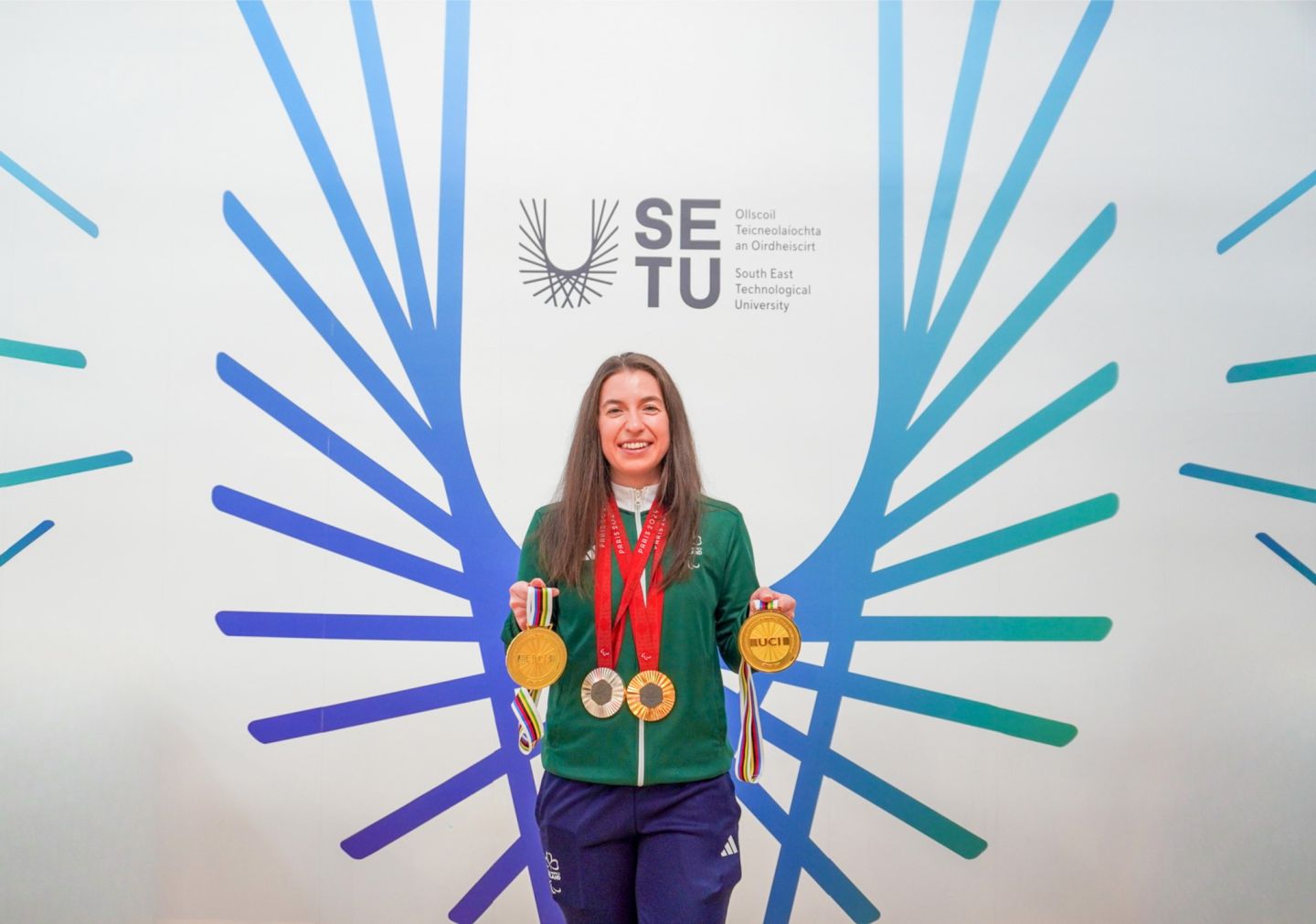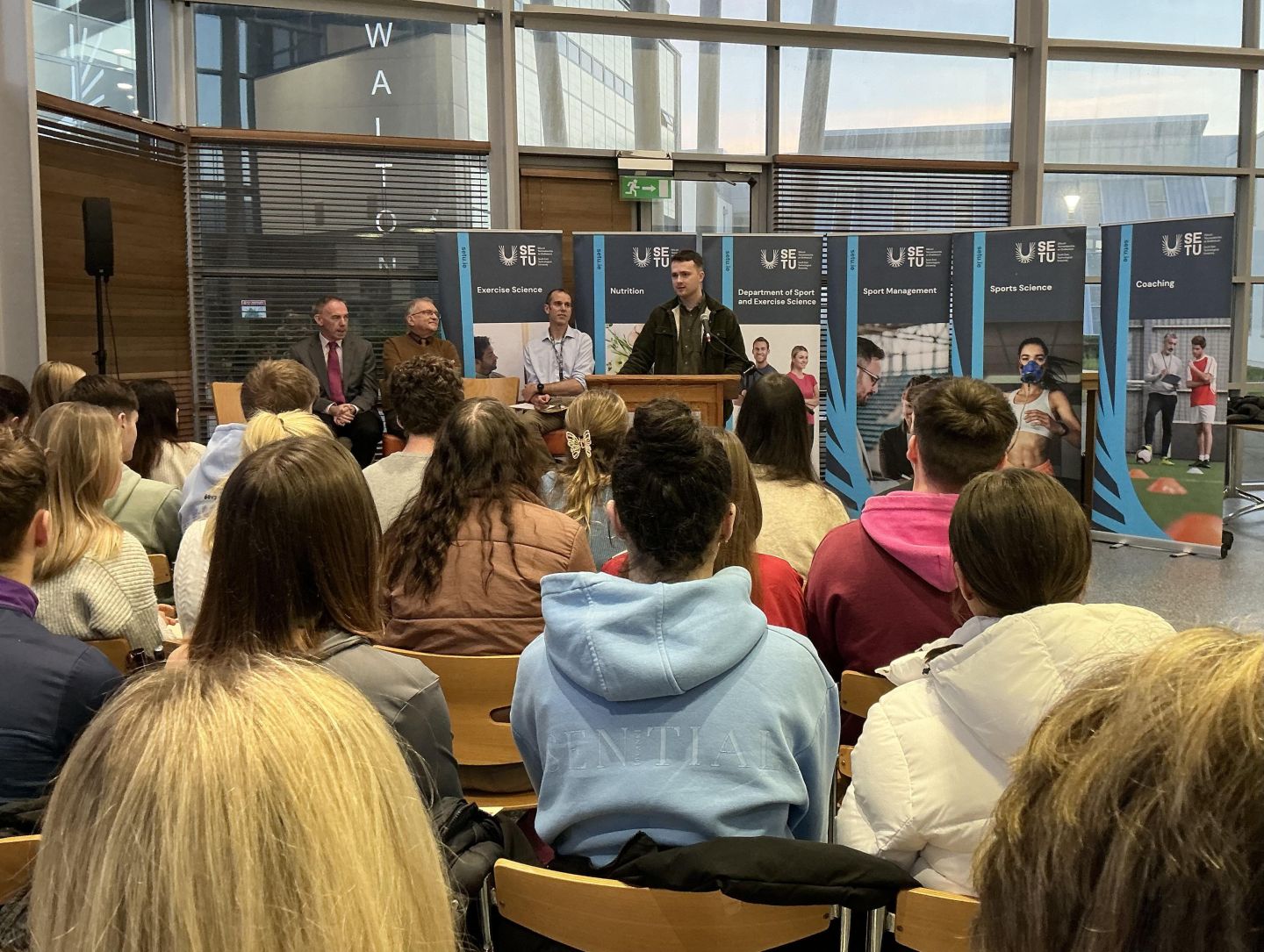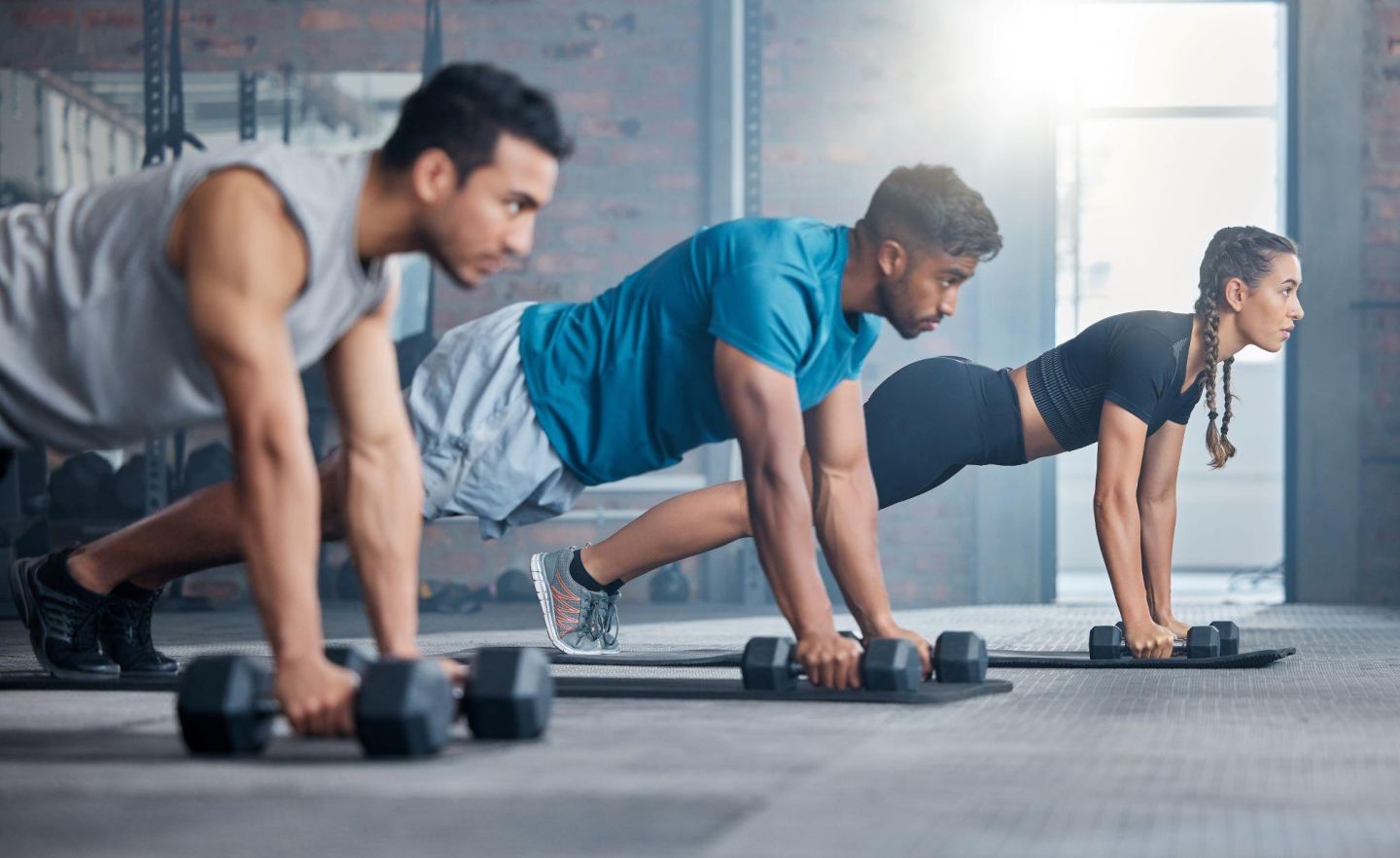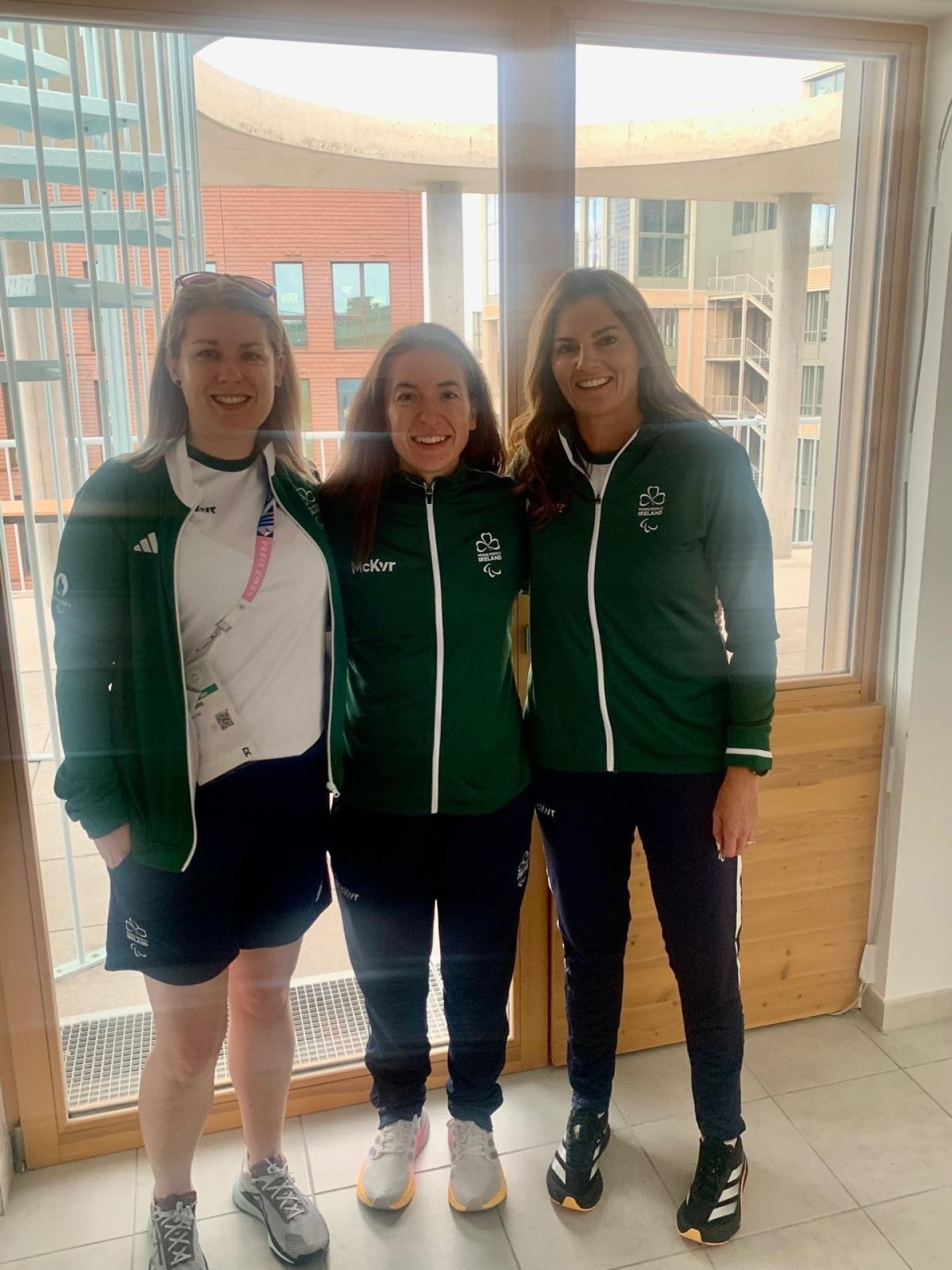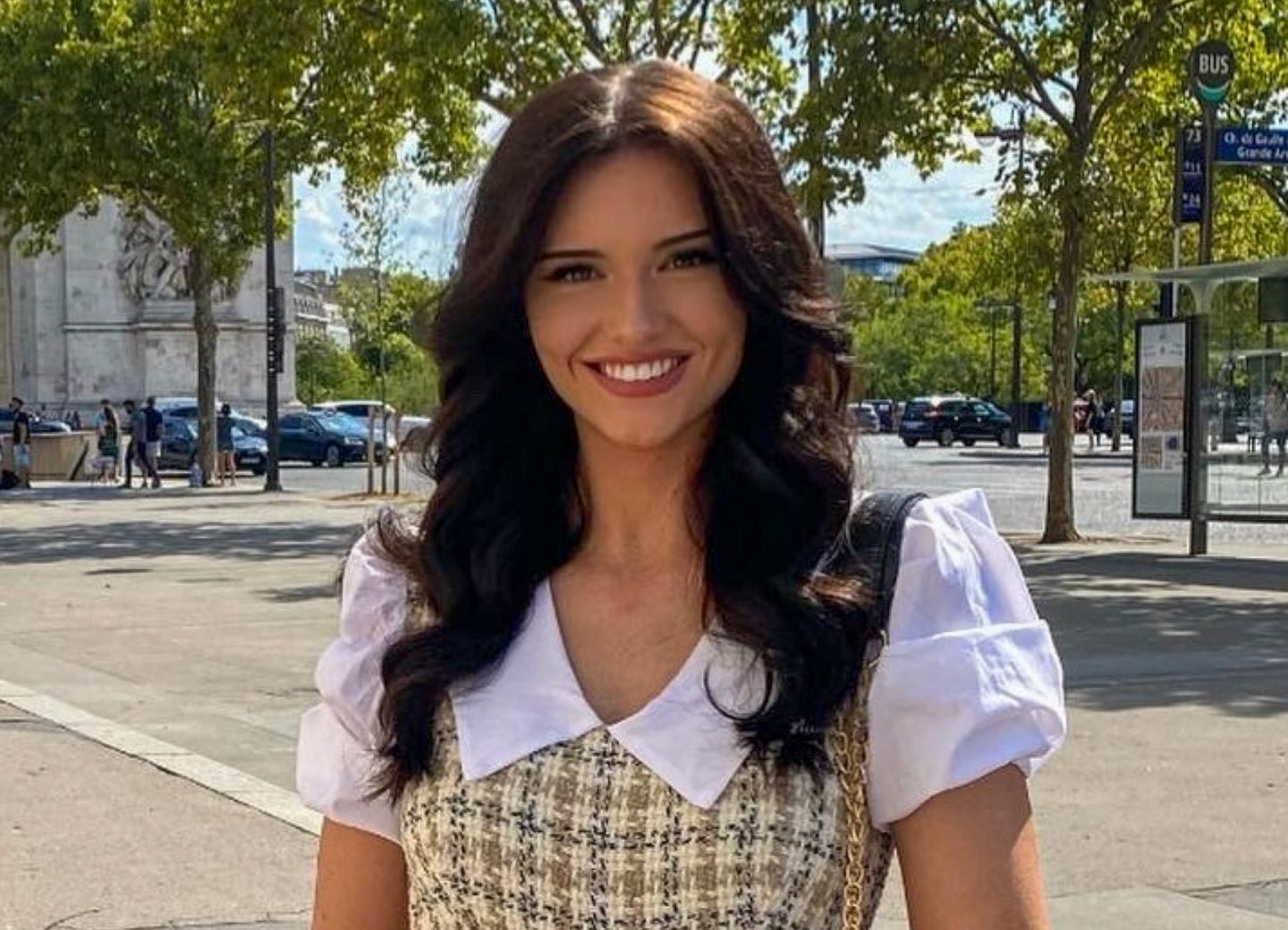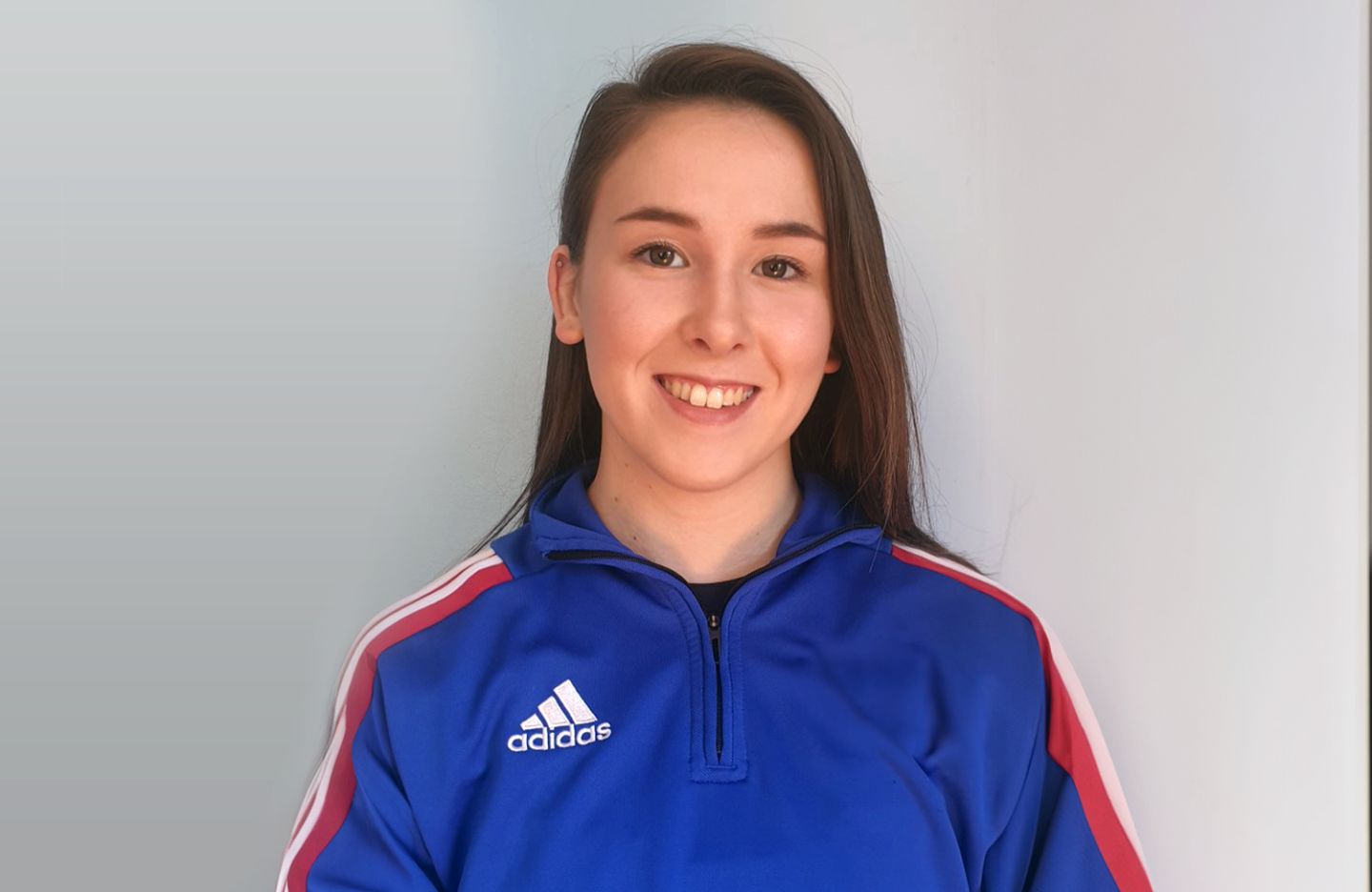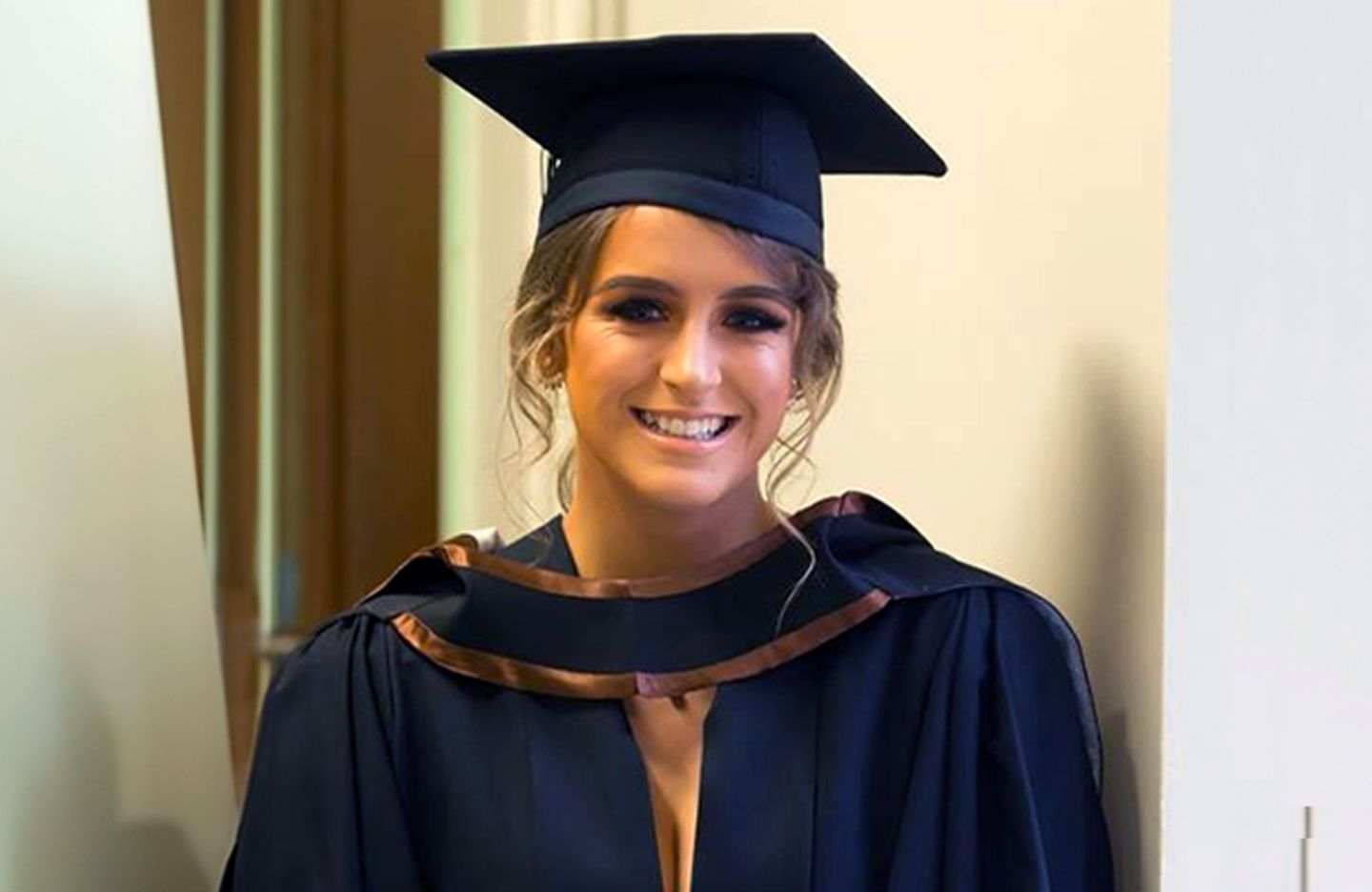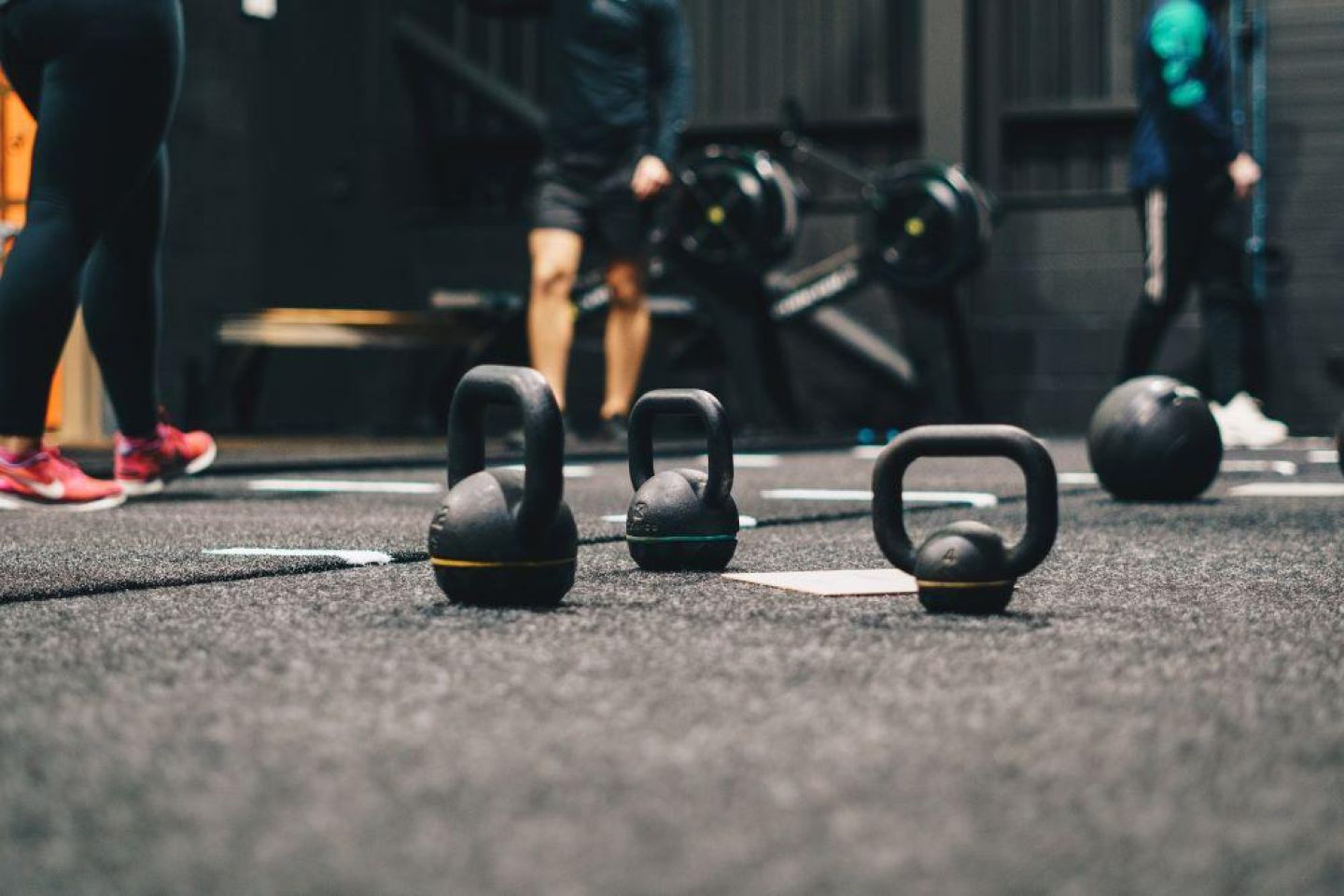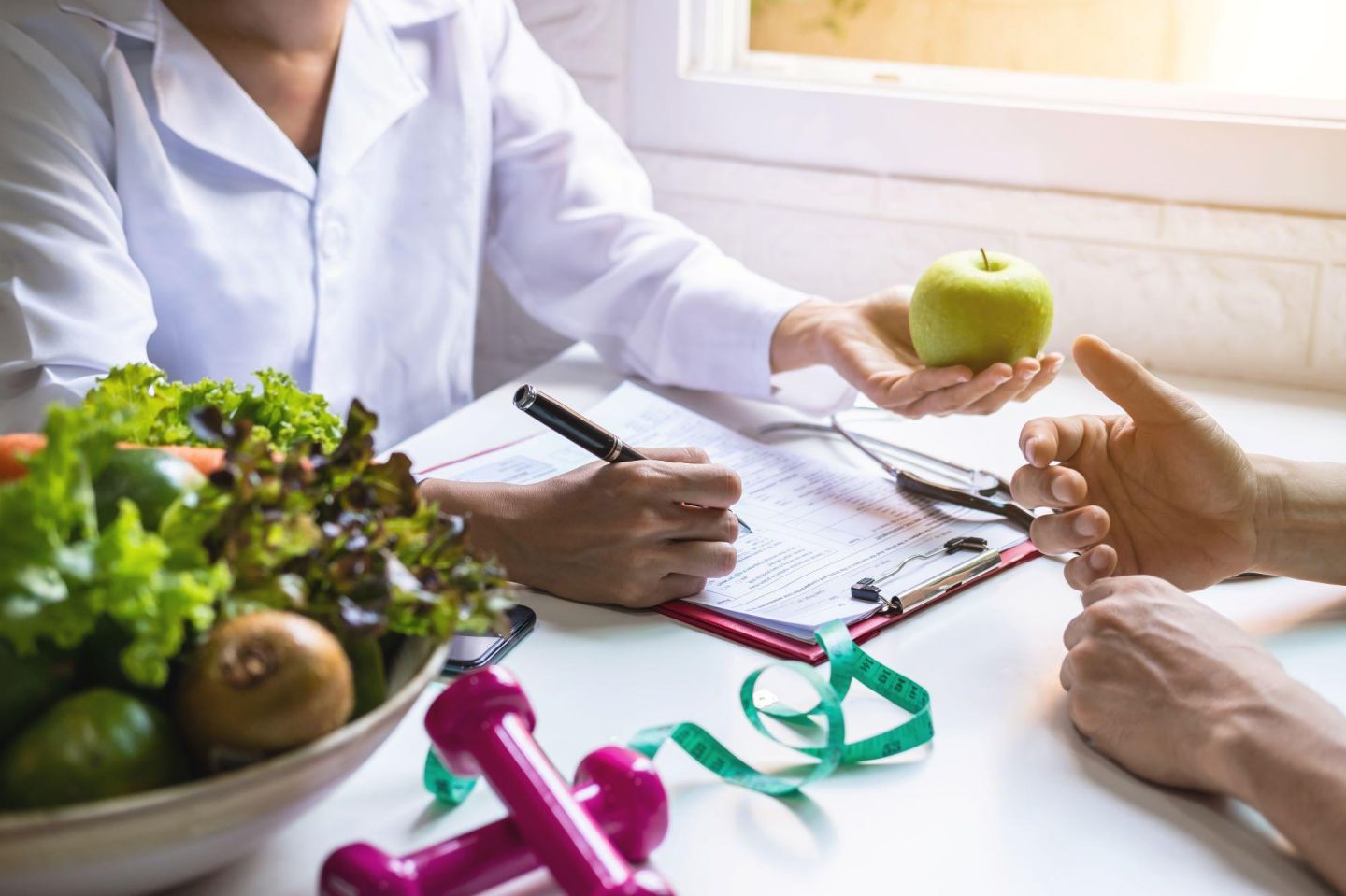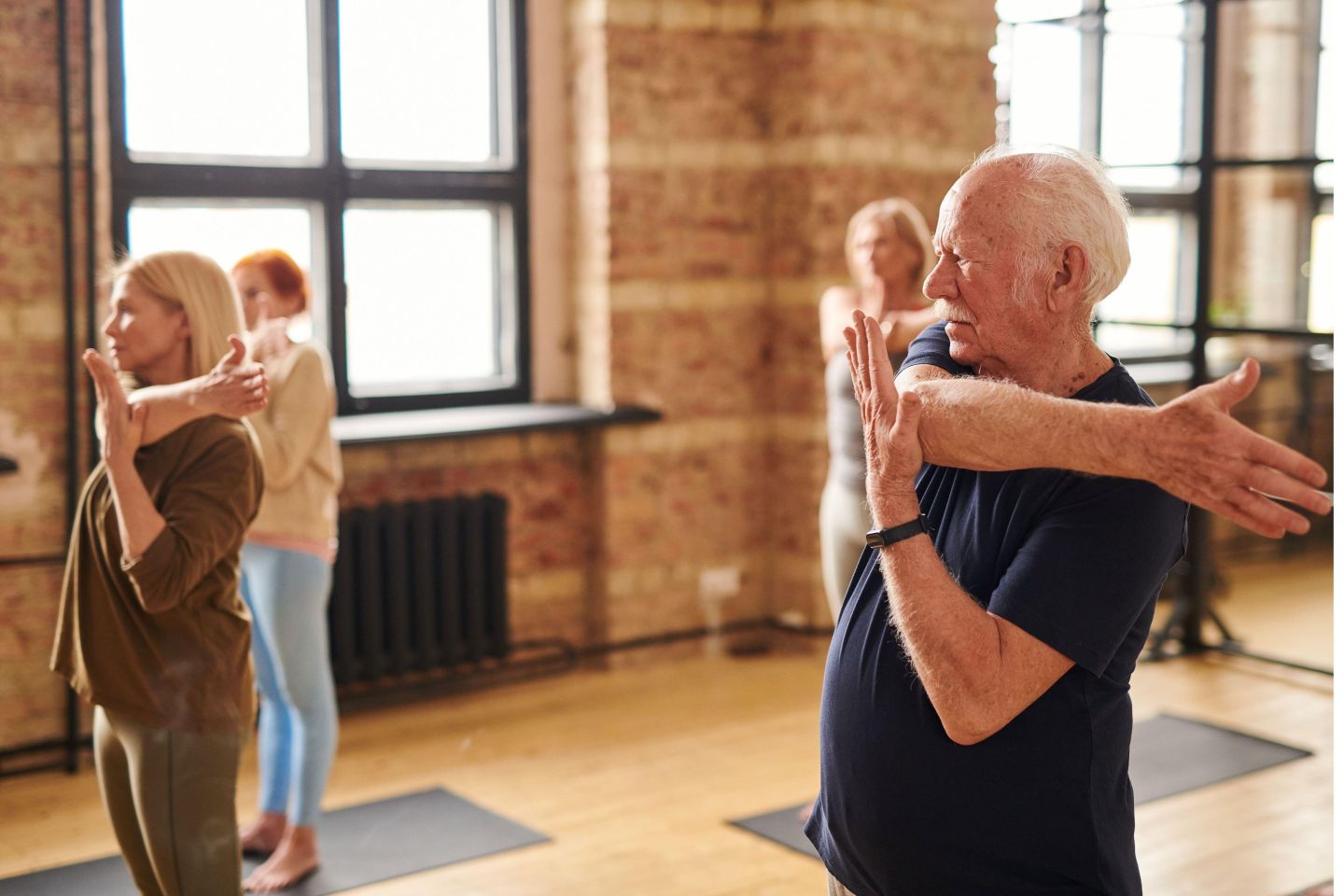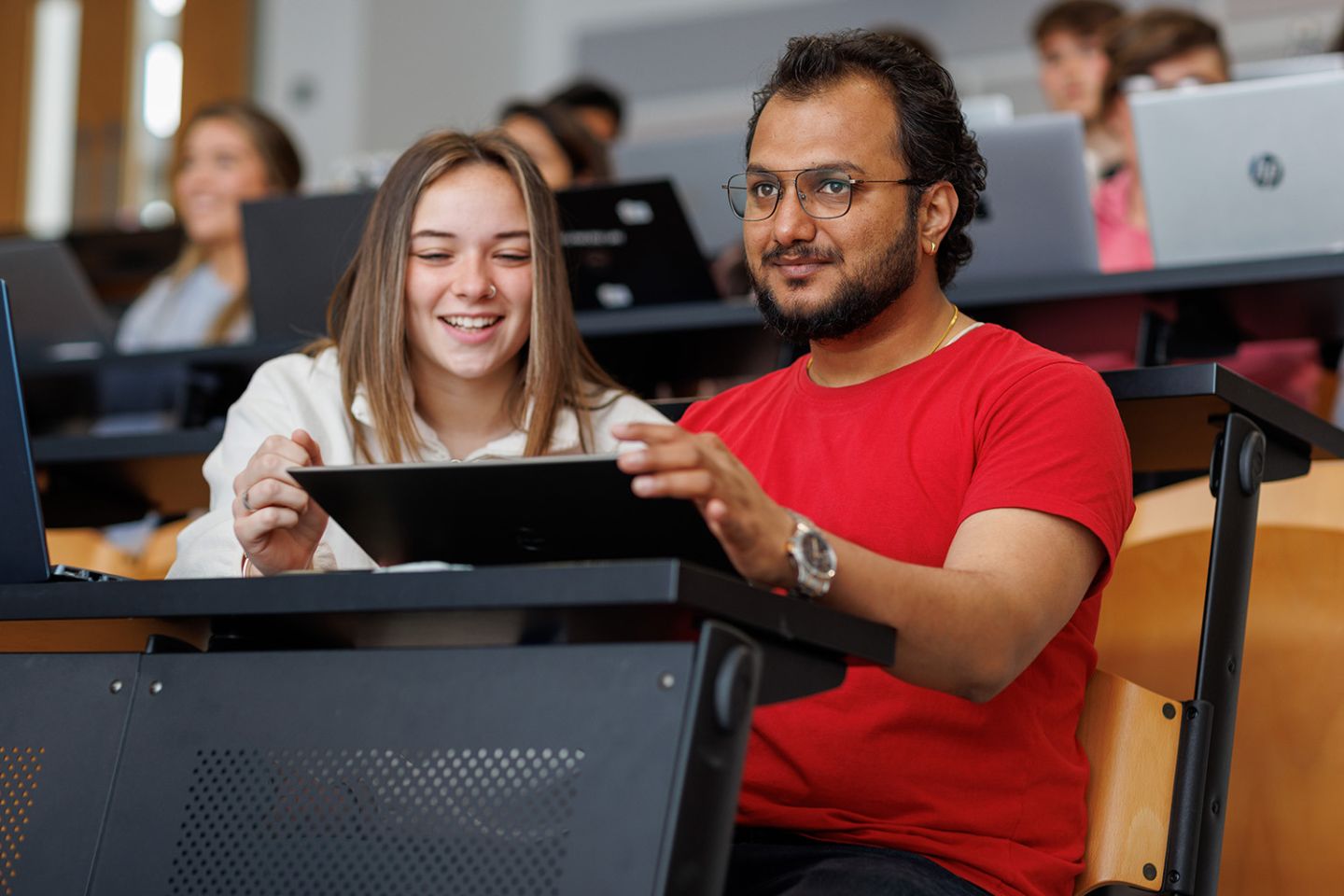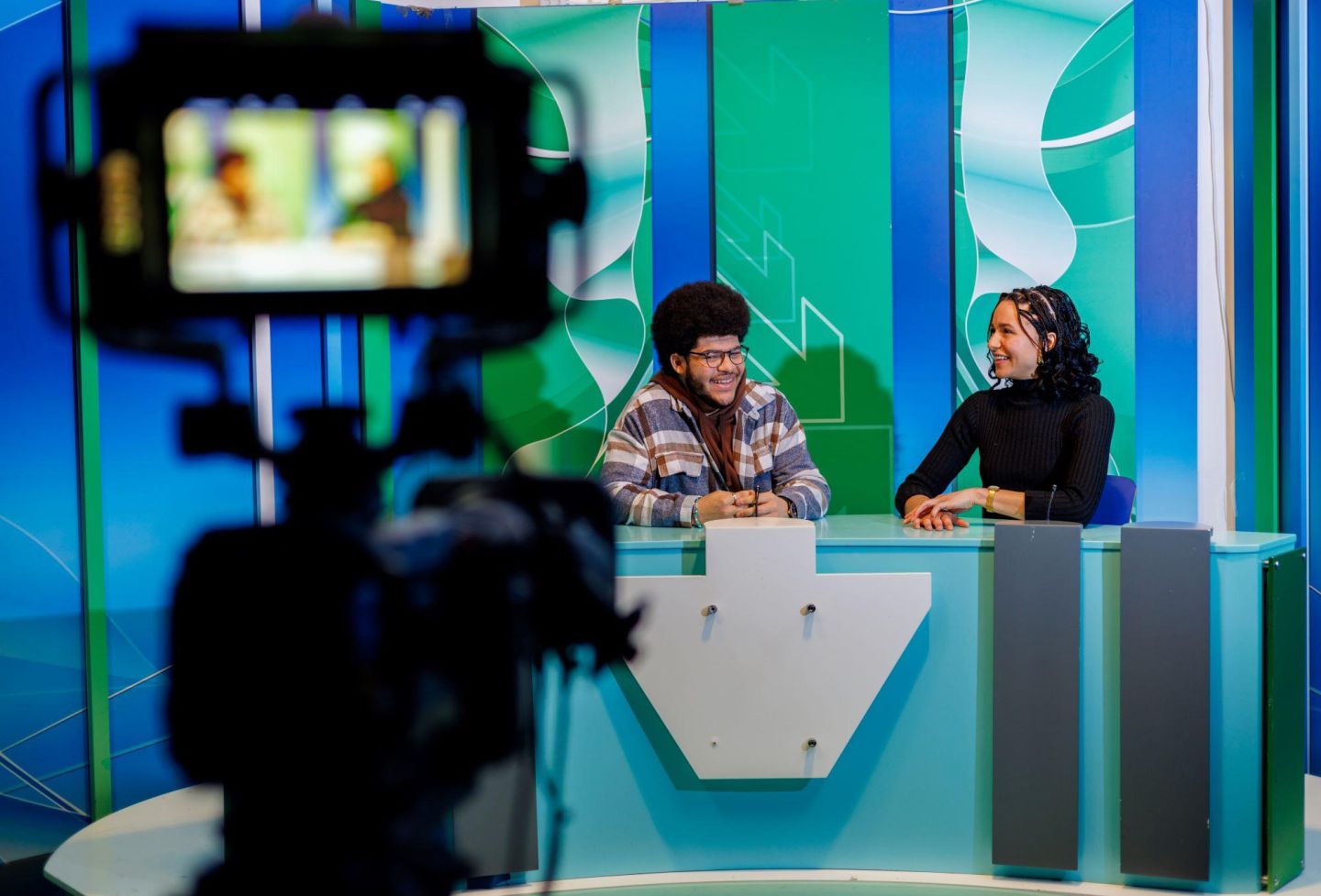Sport & Exercise Science
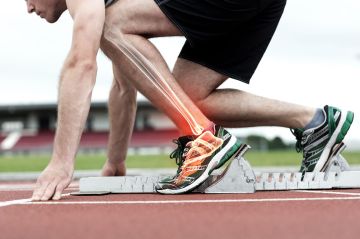
What is the BSc (Hons) in Sport & Exercise Science?
The BSc (Hons) in Sport & Exercise Science is a full-time, four-year, honours degree course of study that can be chosen within the Exercise Sciences Common Entry Route. The BSc (Hons) in Sport and Exercise Science programme will give graduates the knowledge and skills to evaluate sport and athletic performance from a biomechanical, physiological and psychological perspective. They will then be capable of working with athletes and coaches on an ongoing basis to improve performance, health and well-being. The programme will emphasise the traditional sports science disciplines of biomechanics, physiology and psychology but also newer applied sports science disciplines including strength and conditioning, sports nutrition and team performance analysis.
At the end of the programme, graduates will be able to:
- Measure, analyse and evaluate athletic performance using sports science laboratory apparatus and analysis software
- Evaluate psychological profiles and mood states using sports psychology assessment tools
- Assist athletes and coaches in improving performance during the training year and in preparation for major competitions in challenging environments
- Plan sports-specific strength and conditioning programmes for athletes and teams
- Assist athletes and coaches in distinguishing fact from fiction with reference to the sports science research literature
Programme features
Staff
- Department staff have extensive experience providing sports science support to elite athletes and teams. This includes
- Assisting elite teams and athletes of the region in monitoring body composition changes during the training year
- Working with intercounty GAA teams and various athletes in strength and conditioning, psychology and nutritional support roles
- Providing ongoing performance testing for elite cyclists and triathletes as well as teams
- Working with the Sport Ireland Institute to assist elite student athlete development
- Acting as a performance physiologist with Sport Ireland Institute
- Acting as Team Ireland's Paralympic Sport Psychologist
- Acting as the sports psychologist with professional and amateur jockeys
- Providing sports psychology support to Olympic, World and European athletes in Irish boxing
Previously staff have
- Provided sports science support to the Irish Paralympic team over the Beijing and London Olympic cycles
- Provided sports psychology, sport science and backup team support at the Olympic Games in London and Rio
- Provided on-site sport psychology support at the London and Tokyo games
Facilities
Laboratories and apparatus available for practical classes and research projects include 3 human performance laboratories, a high-performance gym, access to a DEXA body composition and bio-electrical impedance analysers, Dartfish and Nacsport performance analysis software and Powerlab data acquisition systems. Certain classes are delivered in the teaching and laboratory facilities of the SETU Waterford ARENA.
Placement
A 300 hour work placement offers supervised experience in a sport and exercise science environment. The Department has an extensive network of placement opportunities or students may be able to organise their own. Examples include:
- Undertaking performance analysis with Premiership football clubs
- Assisting with strength and conditioning programmes with professional rugby clubs
- Personal trainer in community and private enterprises
- Providing sports science support to athletes or teams
- Working in sports science centres and laboratories
Research and Project Work
Students in the programme have an opportunity to experience the full research process culminating in the completion of a dissertation in the final year of the programme. Students will benefit from exposure to the sport and exercise science PhD research ongoing in the Department including:
- evaluation of functional movement screening for injury prevention
- relative age effect in soccer talent development
- Gaining a better understanding of online sports coaching
- Jockey transition into retirement
- Behaviour change in jockeys
- Influence of making weight on jockey health and performance
- Performance characteristics of Olympic combat sports
- Body composition and performance in elite female athletes
- Sprint performance and resistance-based training interventions
- Effects of strength training on performance in endurance athletes
- Career transitions in student athletes
Awards
Several REPS Ireland accreditations are built into this programme. After successfully completing year 2, students will be eligible for the Fitness Instruction, Group Fitness Instruction and Personal Training accreditations.
Year 1
| Semester 1 | Semester 2 |
|---|---|
| Fitness and Movement | Sport & Exercise Biomechanics 1 |
| Functional Anatomy & Kinesiology | Introduction to Exercise Psychology |
| Promoting Physical Activity | Biochemistry & Cell Physiology |
| Research & Learning | Strength & Conditioning |
| Human Physiology | Data & Measurement |
| Introduction to Sport Psychology | Business for the Exercise Professional |
Year 2
| Semester 3 | Semester 4 |
|---|---|
| Teaching for the Exercise Professional | Exercise Physiology |
| Exercise Prescription for Program Design I | Research Methods & Statistics |
| Nutrition 1 | Nutrition 2 |
| Motivational Interviewing | Group Fitness Instruction |
| Physical Activity Interventions | Exercise Prescription for Program Design II |
| Sport Psychology & Skill Acquisition | Positive Psychology |
Year 3
| Semester 5 | Semester 6 |
|---|---|
| Advanced Performance Analysis | Applied Biomechanics |
| Applied Sport and Exercise Physiology | Exercise Psychology in Practice |
| Conditioning for performance sport | Major Project in Sport and Exercise Science 1 |
| Contemporary Issues in Sport and Exercise | Science of Elite Sport Performance |
| Sport & Exercise Biomechanics 2 | Sports Medicine |
| Sport & Exercise Nutrition |
Year 4
| Semester 7 | Semester 8 |
|---|---|
| Work Placement in Sport and Exercise Science | Advanced Sport & Exercise Physiology |
| Ergogenic Aids in Sport & Performance | |
| Major Project in Sport and Exercise Science 2 | |
| Professional Practice and Social Media | |
| Sport psychology in practice |
Leaving Cert: Minimum entry requirements for the BSc (Hons) in Sport & Exercise Science:
2 subjects: H5
4 subjects: O6/H7
English or Irish: O6/H7
Mathematics: O6/H7
How to apply for the BSc (Hons) in Sport & Exercise Science on the CAO:
The entry route for this programme is from BSc (Hons) in Exercise Sciences (Common Entry). Applicants who select degree option SE902 ESS (Sport and Exercise Science) are guaranteed a place in that programme, subject to meeting the entry requirements and points. Applicants who are undecided about their degree option should choose SE902 GEN.
At the end of semester 3, students must confirm their degree option and may change their selection up to that date.
Advanced and Equivalent Entry for the BSc (Hons) in Sport & Exercise Science:
See what our students and graduates have to say
Paul Flint – Current Sport and Exercise Science 4th year student
Cillian Dollion – Graduate of Sport and Exercise Science
Graduates of this course may work in the following roles
- Sports Scientist
- Sports Physiologist
- Sports Biomechanist
- Strength & Conditioning Specialist
- Performance Analyst
- Sport & Exercise Consultant
- Sports Development Officer
- Fitness Instructors
- Personal Trainers
- Sports Industry
Follow-on study for BSc (Hons) in Sport and Exercise Science graduates
Graduates of this course can also continue to further postgraduate study in Applied Sport and Exercise Psychology (SETU), Strength and Conditioning (SETU), Performance Analysis (SETU) Sports Coaching, Physiotherapy and Sports Nutrition
Opportunities also exist in the Department of Sport and Exercise Science to undertake research postgraduate degrees to doctoral level in Sports Physiology, Sports Psychology, Movement Analysis and Strength and Conditioning
Career Opportunities for BSc (Hons) in Sport & Exercise Science graduates
Opportunities exist within the Department of Sport and Exercise Science for post graduate study through either taught Masters programmes or research degrees at Masters and Doctoral level.
Stories
Stream Leader
